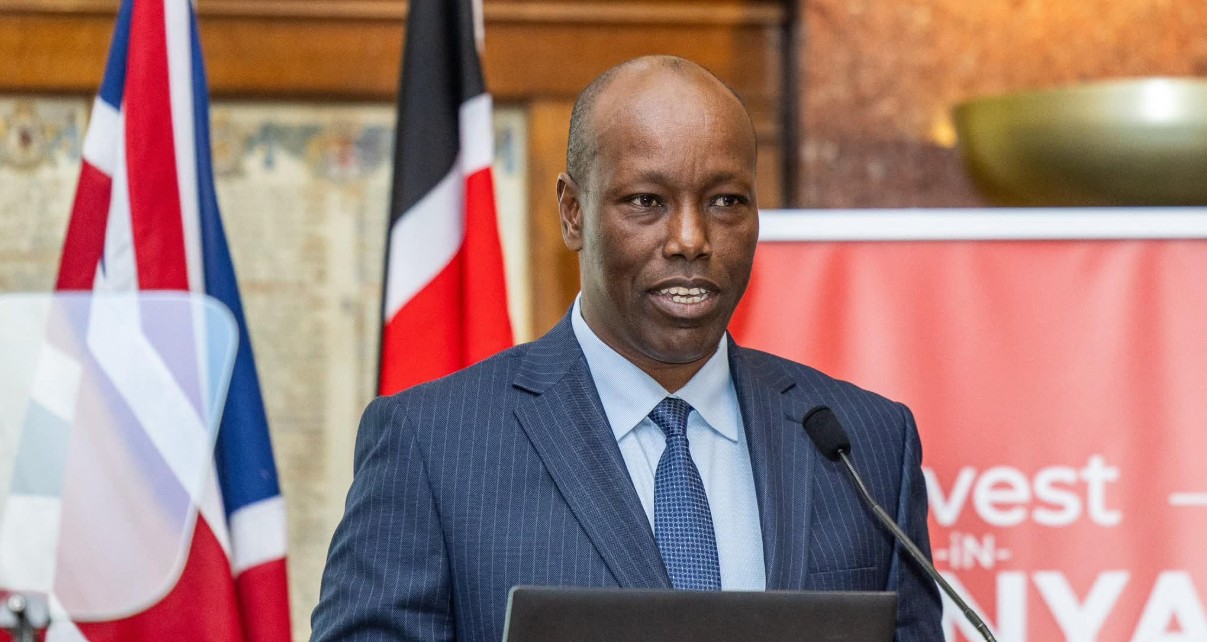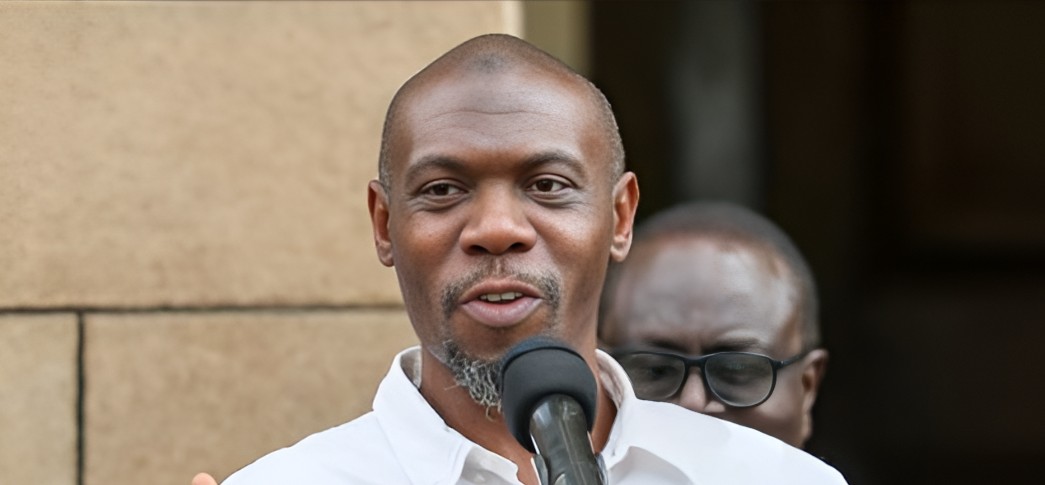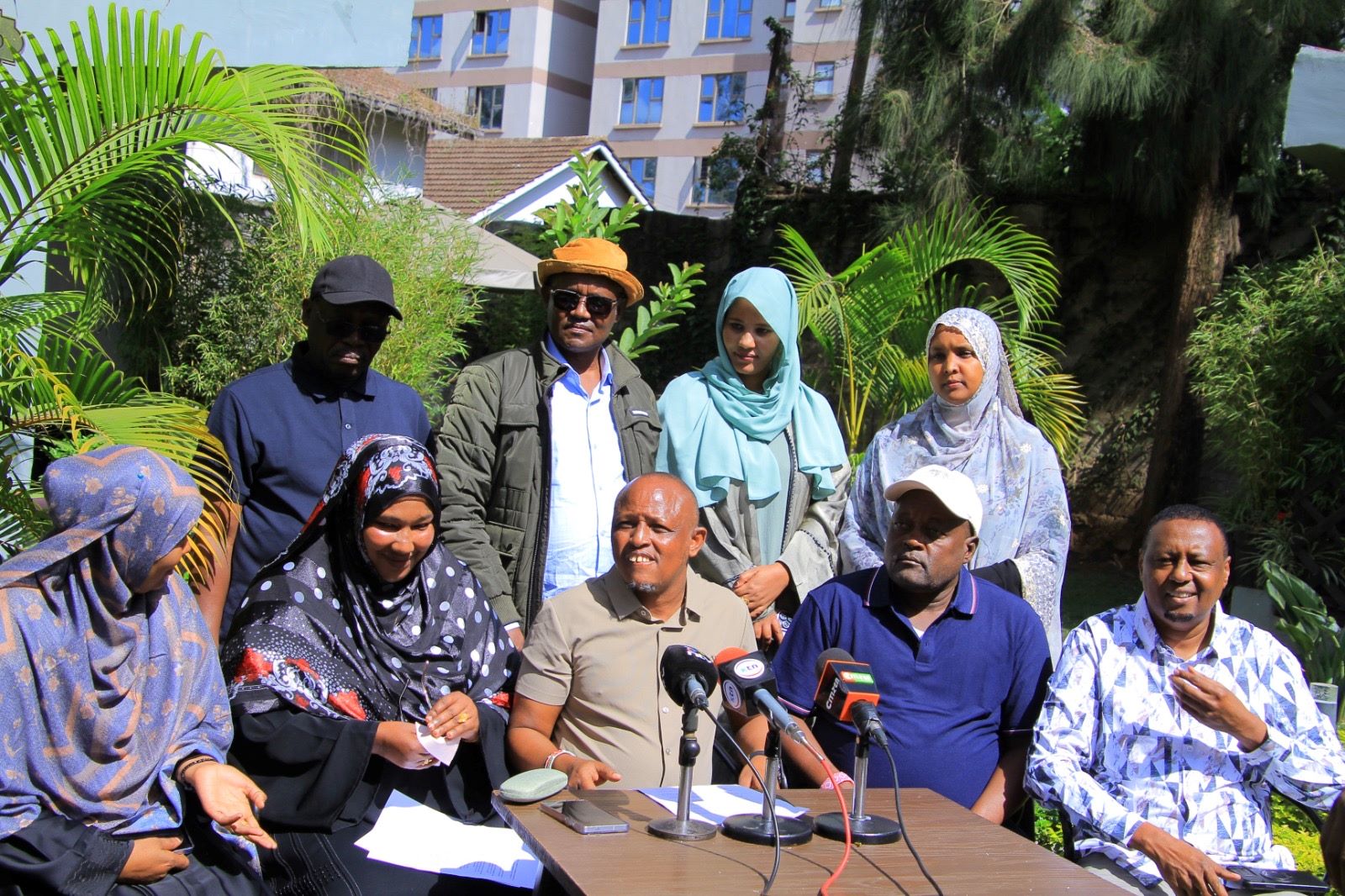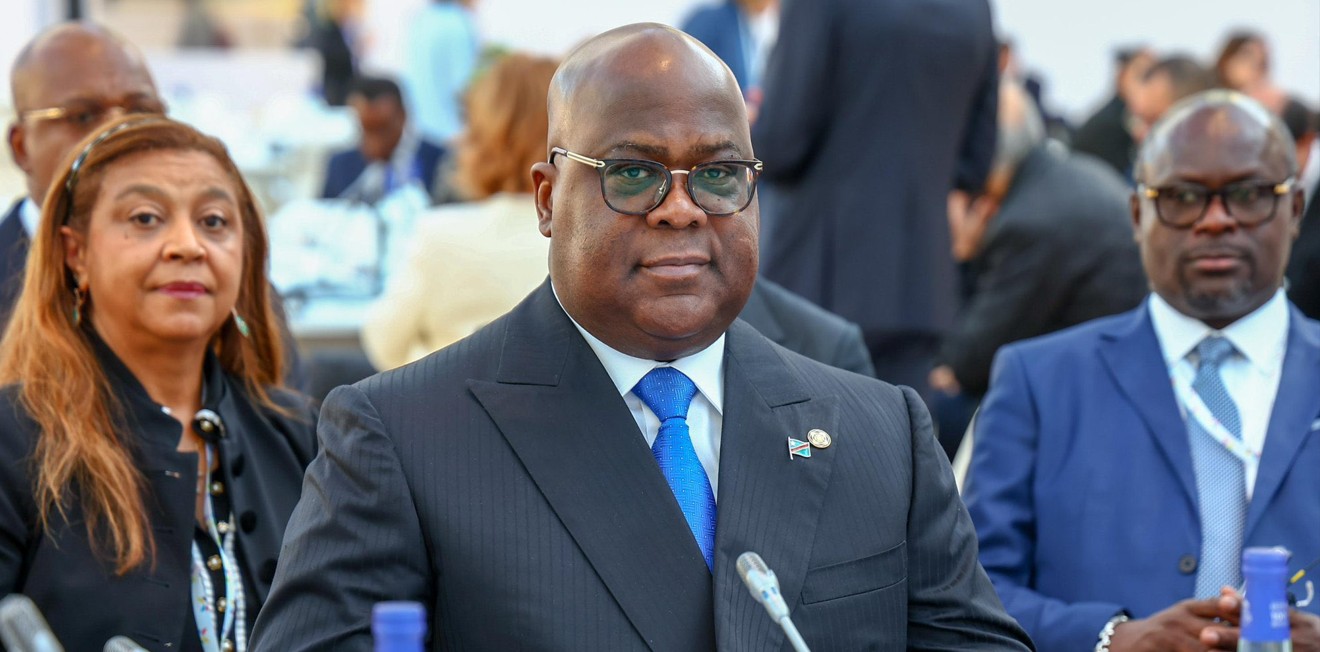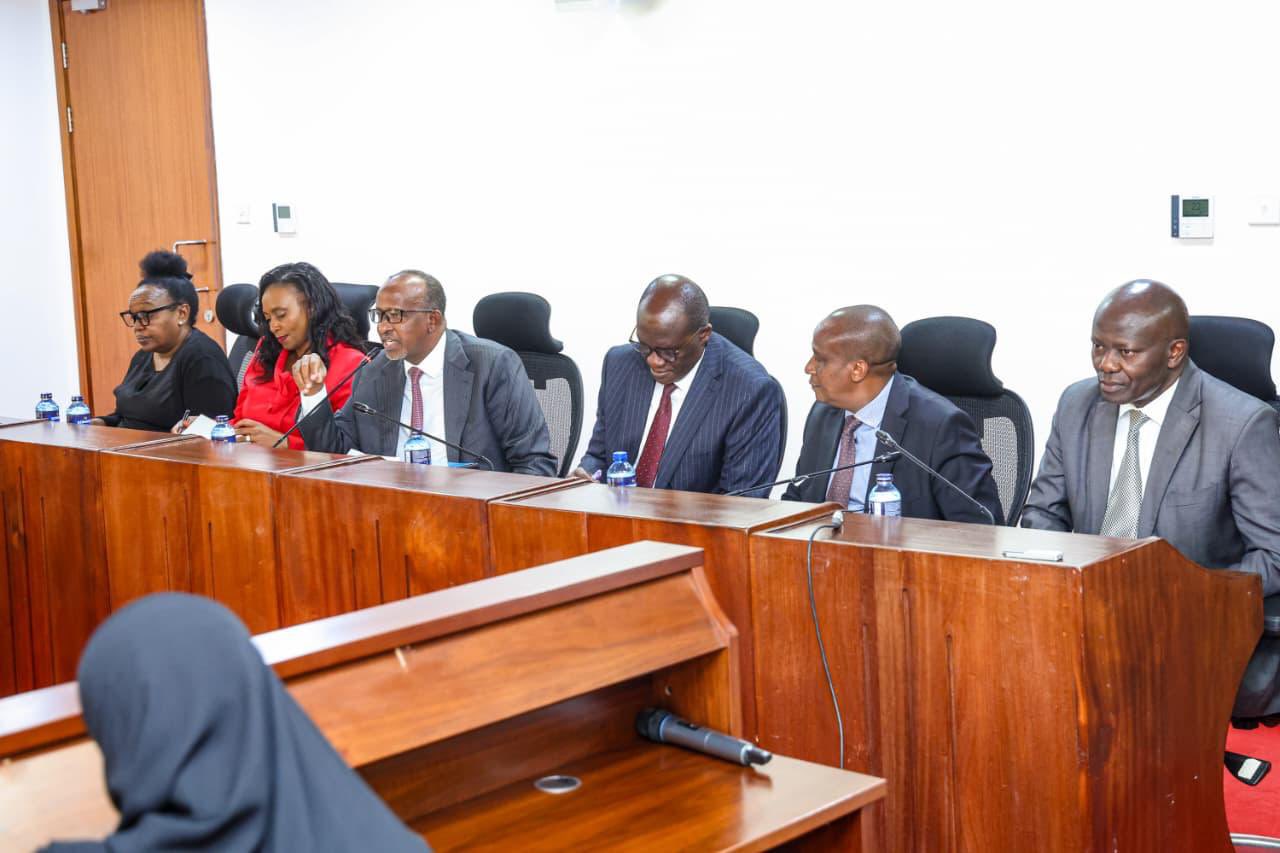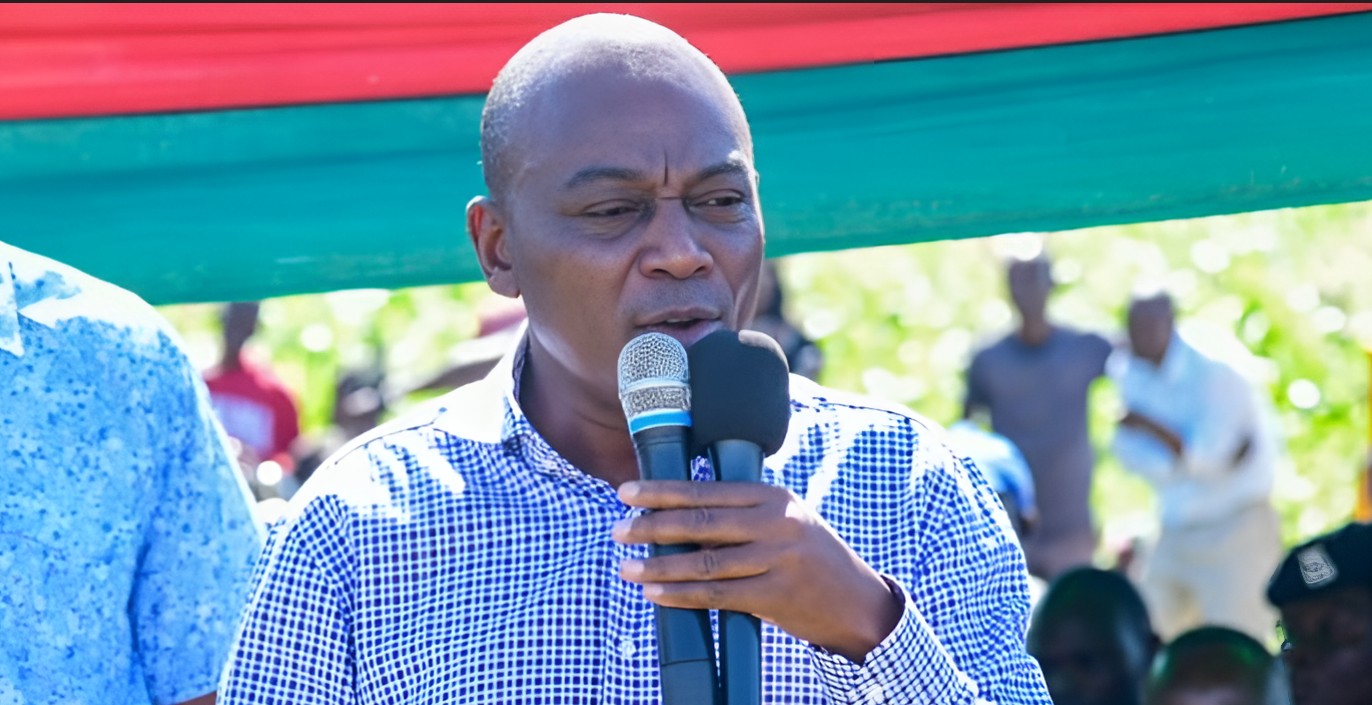LSK rejects Passaris’ protest Bill, warns MPs against curtailing freedoms
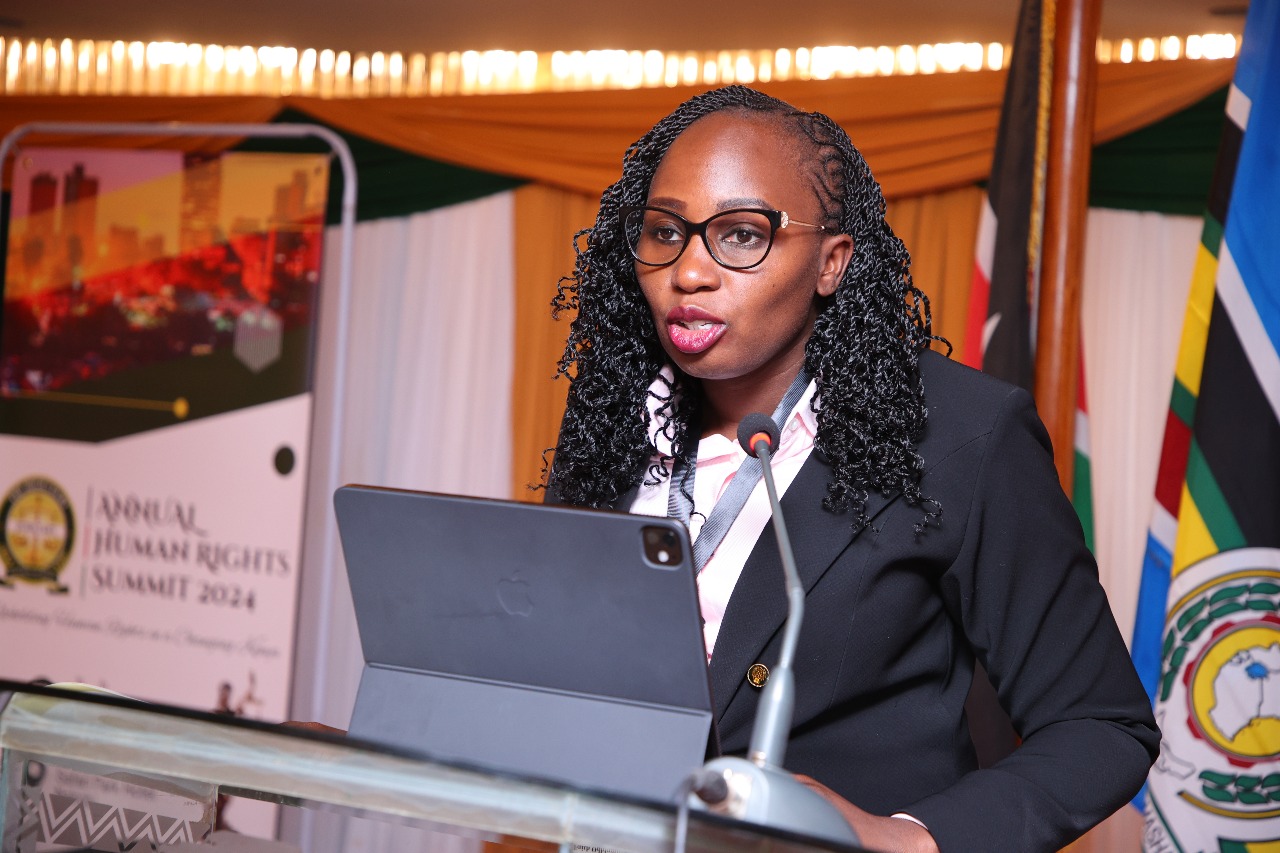
LSK President Faith Odhiambo criticised the proposals introduced by Nairobi Woman Representative Esther Passaris, calling them short-sighted and designed to weaken Article 37 of the Constitution.
The Law Society of Kenya has opposed proposed changes to the Public Order Act, describing them as a dangerous attempt to undermine the constitutional right to peaceful protest and free expression.
During an interview on Citizen TV, LSK President Faith Odhiambo criticised the proposals introduced by Nairobi Woman Representative Esther Passaris, calling them short-sighted and designed to weaken Article 37 of the Constitution.
More To Read
- IEBC: Only MCAs can be recalled, non-performing MPs and senators protected by legal gap
- IEBC must rein in early campaigns to avoid heightened political tensions -LSK
- LSK faults IPOA over inaction, urges tougher oversight, compensation for police brutality victims
- LSK President Faith Odhiambo tears into Murkomen for misusing terror charges to silence dissent
- LSK slams police for selectively disrupting opposition events, cites breach of rights
- Rex Masai killing: Photojournalist tells court he filmed police officer Murangiri pull trigger
She warned that the Law Society would firmly oppose any legal measures intended to limit rights guaranteed under the Constitution.
“These are just attempts to strangle constitutional rights under Article 37. You cannot limit guaranteed rights by statute, it’s a narrow and misguided approach,” Odhiambo said on Tuesday.
Passaris’ proposals seek to regulate public demonstrations more strictly by restricting protest locations, increasing notice requirements, and expanding police powers to disperse what authorities may consider unlawful assemblies.
But Odhiambo dismissed this reasoning, saying it reflects a failure by the government to provide meaningful platforms for citizens to express themselves.
“If the state is uncomfortable with street protests, then it must create alternative, inclusive platforms, especially for young people, to express themselves,” she said.
“Protest does not have to be physical anymore. Technology has enabled different forms of dissent.”
The LSK boss pointed to the ongoing Gen Z-led protests, especially through digital platforms such as X, as evidence that civic engagement is evolving. She urged policymakers to accept these new forms of activism rather than try to suppress them.
Odhiambo also criticised what she called an ongoing pattern of government overreach, noting that courts had in the past overturned directives by the police aimed at limiting protests.
“We saw the former Inspector General issue directives restricting protests, only for courts to nullify them. Now there’s a shift to legislation, clutching at straws. This is an attempt to test how far they can push,” she said.
She added that the Law Society would continue to monitor any legislative proposals presented to Parliament and would take legal action if the amendments undermine constitutional rights.
She recalled that LSK had previously submitted a memorandum opposing similar legislation brought forward by Public Service Cabinet Secretary Geoffrey Ruku, who was then the Mbeere MP.
“If the new proposals are draconian in nature, we will challenge them in court. That is non-negotiable,” Odhiambo said.
She further accused some government officials of pushing a narrative aimed at discrediting voices that question or challenge their actions, including civil society and professional institutions.
“Instead of addressing public concerns, they’re trying to brand civil society and even the LSK as enemies of the state. It’s an unfortunate narrative meant to distract from the real issues,” she said.
Odhiambo emphasised that the Society’s commitment lies with defending the Constitution and the public interest, regardless of who is in office.
“Regardless of who occupies the presidency of LSK or who is in government, our duty is to the Constitution and the people,” she said. “We will not be intimidated into silence.”
She urged the judiciary, Parliament, and other institutions to protect democratic values at a time when citizens are actively seeking accountability through peaceful means.
Top Stories Today
